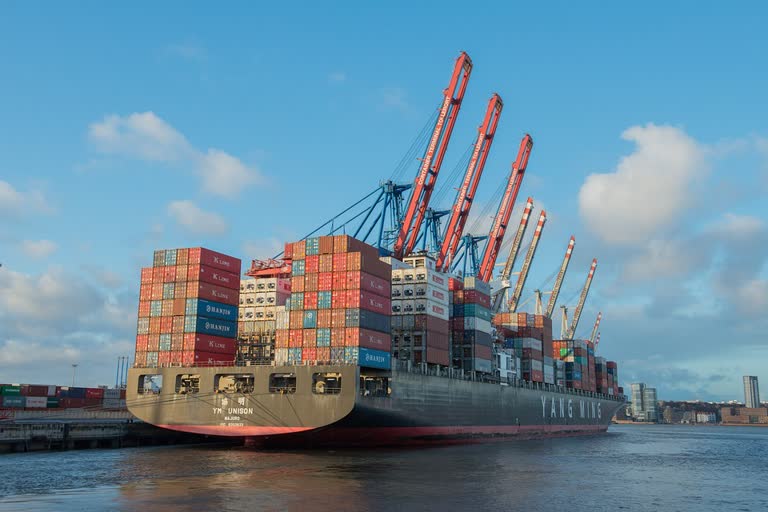New Delhi: Imports from Pakistan declined by 92 per cent to USD 2.84 million in March this year after imposition of 200 per cent customs duties on all products following Pulwama terror attack.
On February 16 this year, taking strong economic action against Pakistan following the attack, India raised the customs duty to 200 per cent on all goods imported from the neighbouring country, including cotton, fresh fruits, cement, petroleum products and mineral ore.
According to the data of the commerce ministry, the imports from the neighbouring country stood at USD 34.61 million in March 2018.
Out of the USD 2.84 million imports in March, as much as USD 1.19 million was accounted for cotton import by India.
According to experts, certain domestic manufacturing exporters could be availing nil import duty benefit under advance authorisation scheme to import products, especially raw materials from Pakistan, as it would not be viable for anyone to import goods at 200 per cent customs duties.
The main commodities imported during the month from the neighbouring country include plastics, knitted fabrics, preparation of vegetables, articles of apparel and clothing, spices, chemicals, man-made filaments, and wool.
Read more:Slowdown in global trade adversely affects economic growth: Piyush Goyal
During the January-March period of 2018-19 fiscal, the imports from Pakistan declined by 47 per cent to USD 53.65 million.
India's exports to Pakistan too have dipped by about 32 per cent to USD 171.34 million in March.
However, the exports grew by 7.4 per cent to USD 2 billion during 2018-19.
The main products being exported by India include organic chemicals; cotton; nuclear reactors, boilers; plastic products; tanning or dyeing extracts; cereals; sugar; coffee, tea; articles of iron and steel; copper and footwear.
India had also revoked the MFN (most favoured nation) status to Pakistan in the aftermath of the terror attack. The country has repealed a security exception clause of the World Trade Organisation (WTO) to withdraw this status. Both the countries are member of this body.
India can also restrict the trade of certain goods and impose port-related restrictions on Pakistani goods.
India had granted the MFN status to Pakistan way back in 1996, but the neighbouring country had not reciprocated.
Under the MFN pact, a WTO member country is obliged to treat the other trading nation in a non-discriminatory manner, especially with regard to customs duty and other levies.
Forty CRPF personnel were killed in a vehicle-borne IED attack on November 14, 2018, at Pulwama in Jammu and Kashmir. This was one of the deadliest terror attacks on security forces in the Kashmir valley.



